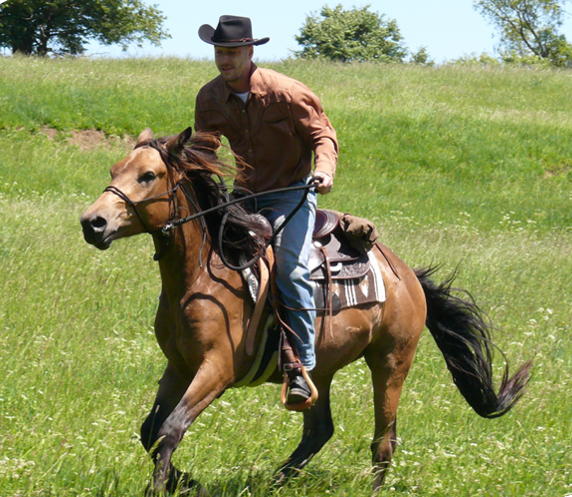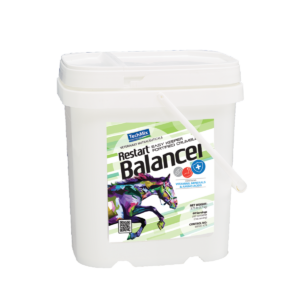June 20, 2025
Clinical Veterinary Perspective-Digestive
The horse’s digestive system is known to be amongst the most extensive of all domestic animal species, and many of the concerns clients ask me about fall within the realm of digestion. Colic prevention and gastric ulcer prevention are forefront in the horse owner’s mind, and many of our management decisions from feeding to housing to veterinary care, are based on best known practices for avoidance of these major conditions. The conversation about equine digestion starts with the horse’s lips and ends underneath its tail!
For starters, the horse needs to prehend its food with fully functioning lips. Conditions like Equine Protozoal Encephalomyelitis, botulism, and various injuries and facial nerve issues can curb their digestive abilities by decreasing the amount of grazing they can accomplish in a day. This subsequently decreases caloric intake and then can possibly show up as suboptimal body condition in the long run. Incisors need to be in good apposition and alignment to shear off forage and the molars need to be present and in good condition to process what the mouth takes in. Molars grind the feed into particles small enough to properly swallow without experiencing choke, and secondly so that the stomach and intestines can maximize all of the nutritional value of the ingested feed. The esophagus needs normal motility, lubrication, and lack obstruction or stricture to transport the feed from the mouth to the stomach. The stomach needs enough acidity to dissolve the feed but also needs to protect itself from that acidity. It then needs good motility to move the feed into the small intestine once ready for the next phase of digestion. Enzyme secretion by a properly functioning liver and pancreas are essential to further break down nutrients into absorbable molecules while in the small intestine. The lining of the intestine needs to be healthy to fully absorb all those nutrients into the bloodstream, and the intestines themselves need proper motility—not too fast, and not too slow. If too fast, nutrient and water absorption decrease resulting in loose stool or diarrhea, while too slow has the potential for trapped gas, possible displacement or volvulus, or impaction. The intestines need to move freely within the abdomen and not get twisted or entrapped in any normal or abnormal variations of anatomical structures within the abdomen. The blood supply to the intestines needs to be properly circulating to pick up and transport all absorbed nutrients back to the liver and other parts of the body for utilization. The large bowel then needs to also have normal motility, position, lubrication, and microbiome to further process the ingested feed, absorb nutrients, reclaim water, and excrete the waste products of the digestive process. Finally, the rectum and anus need to be functioning normally to either hold or eliminate the waste products when appropriate.

Clearly, optimizing your horse’s digestive health is a logical place to start and keep as a high priority. Infectious disease prevention, dental care, internal parasite control, feeding management, social and behavioral management, housing and environmental management, exercise, and hydration, are all critical to a healthy equine digestive system. Bear in mind that a large proportion of the body’s immune system resides within the gastrointestinal tract, so all things considered, it is easy to see why a healthy digestive system is the foundation upon which everything else about your horse should be built.
Ration balancers are one way of making sure all the vitamins and minerals your horse needs for proper functioning are available. Forages alone can be nutrient deficient at times, and high metal levels in well water can bind up and render unavailable some beneficial micronutrients even if they are present in the forage. Ration balancers which also add safe additional calories in the form of fats are also available. Nutritional supplements containing bovine colostrum promote a healthy digestive system, helping with ulcer prevention, diarrhea prevention, fecal water syndrome prevention, and immune support.
I recommend to my clients the TechMix line of ration balancers—Restart® Balancer if the horse is an easy keeper, Restart® Builder if they need to gain back some lost body condition and are more of a hard keeper. For optimal digestive health, I also recommend Colostru-Boost® Performance Powder for more athletic horses needing GI support for ulcer prevention or manure consistency problems. Colostru-Boost Recovery pellets are perfect for less athletic horses needing that same support, and especially beneficial for horses whose primary challenge is manure consistency problems. Finally, Restart GutBugz is my recommendation for microbiome support when the decision is agreed upon to supplement additional probiotics.
